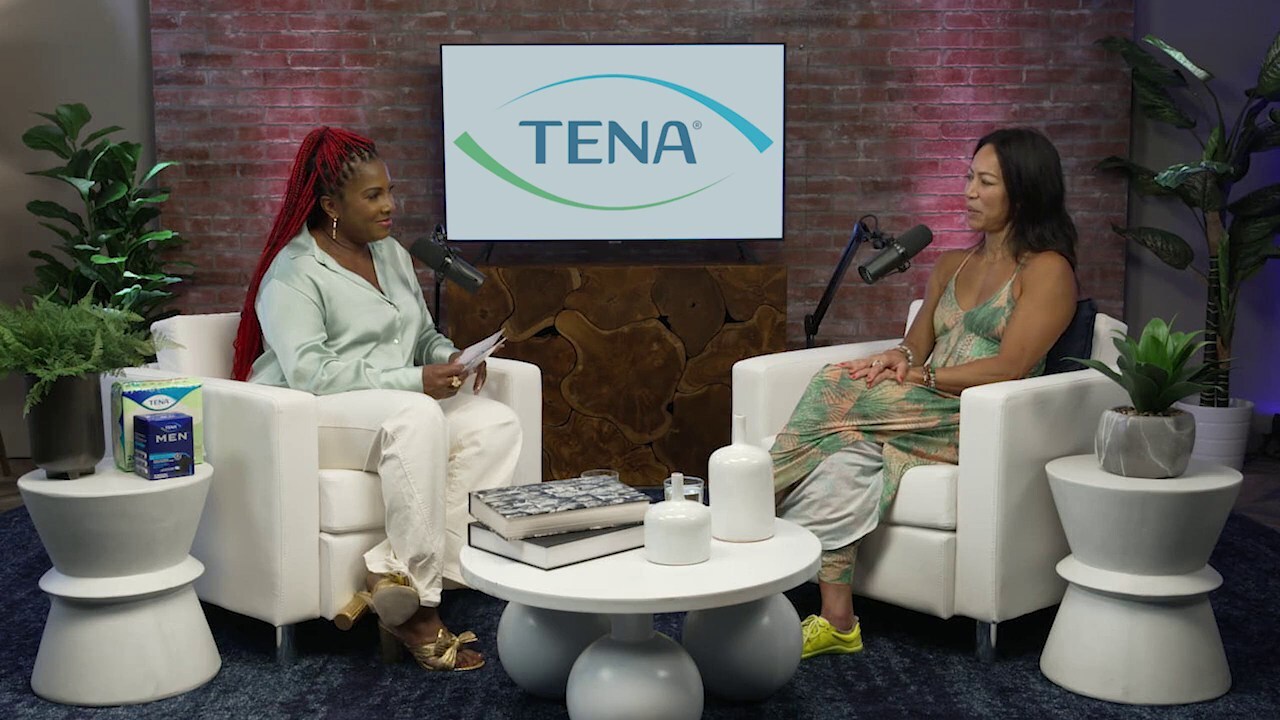
The Supreme Court has delivered a major relief to telecom and tower companies, including Vodafone, Bharti Airtel, and Indus Towers, by allowing them to claim Central Value-Added Tax (Cenvat) credits on duties paid for key infrastructure components like tower parts and shelters. NSE The top court order on Cenvat credit is a significant positive outcome for Indus Towers and will result in a reduction of ₹ 3,704 crore in contingent liability. The SC has pronounced the order on Wednesday and upheld the decision of the Delhi High Court wherein Cenvat credit was allowed in Indus Towers' favour, the company said in a regulatory filing.
The ruling also overturns the Bombay High Court's decision, which had previously denied Bharti Airtel and Vodafone the right to claim Cenvat credits. The Bombay HC had categorised these items as non-capital goods, thus excluding them from credit eligibility. The issue dates back to 2006, when tax authorities issued a show-cause notice to Bharti Airtel, alleging misuse of Cenvat credits on items like towers and office equipment.
Authorities argued that these were not critical for telecom services and that Airtel had not provided sufficient documentation to justify their operational use. According to a recent note from Citi, the global brokerage firm has a 'Buy' rating on Indus Towers, with a price target of ₹485 per share. Indus Tower's stock has corrected by 28% since announcing its share buyback on July 30.
Despite this decline, Citi's research note highlighted that several positive developments were largely ignored. Bharti Airtel shares closed 0.83% lower at ₹1,524.
30 on Tuesday. Vodafone Idea shares fell 2.07% to ₹7.
10, while Indus Towers' stock rose 1.08%, closing at ₹326.65.














